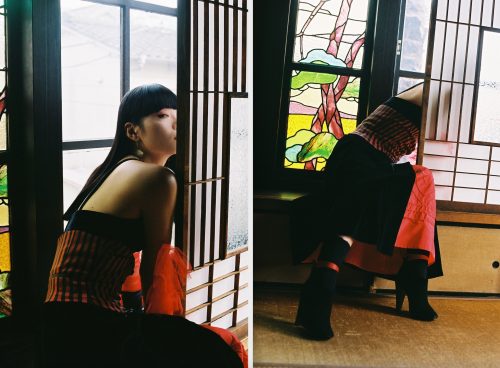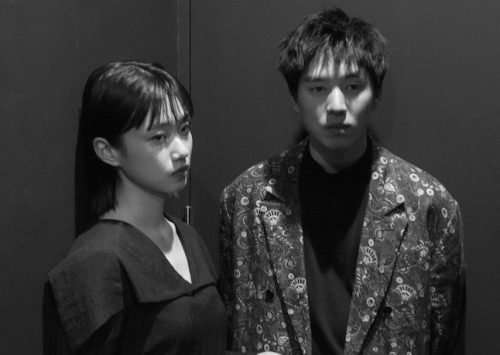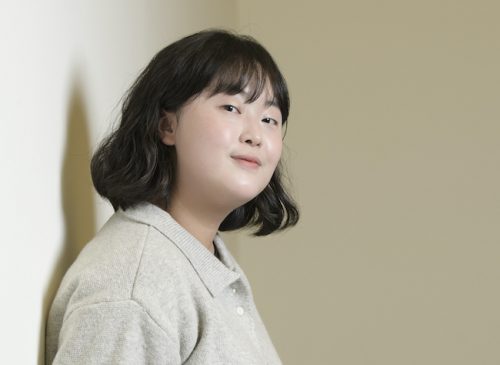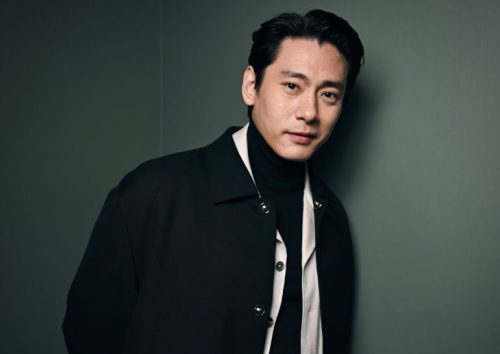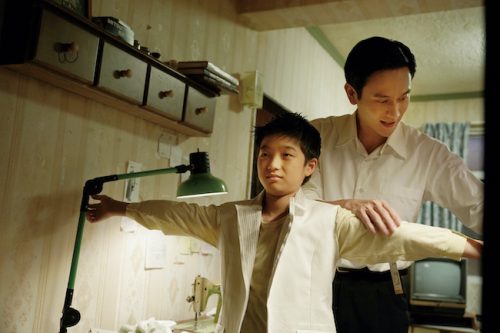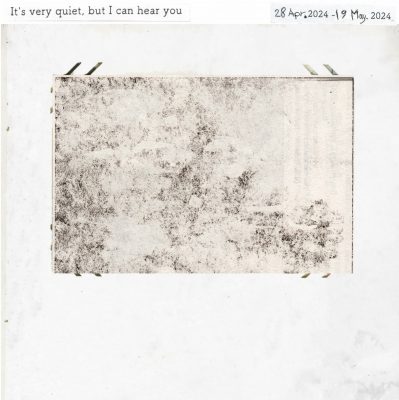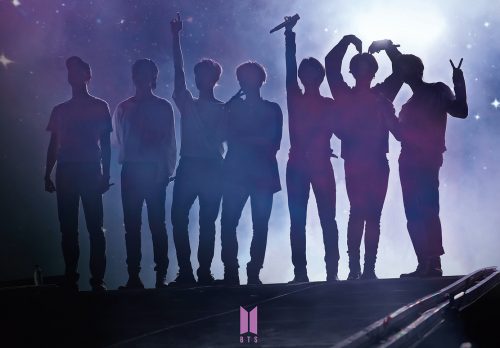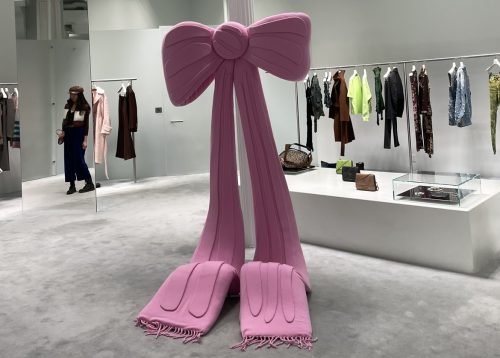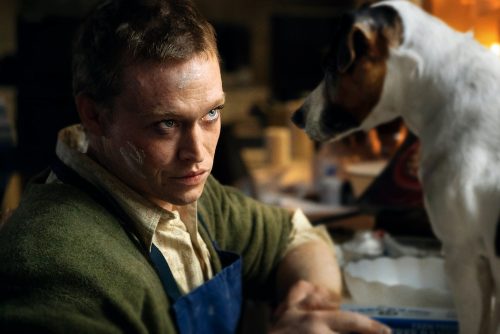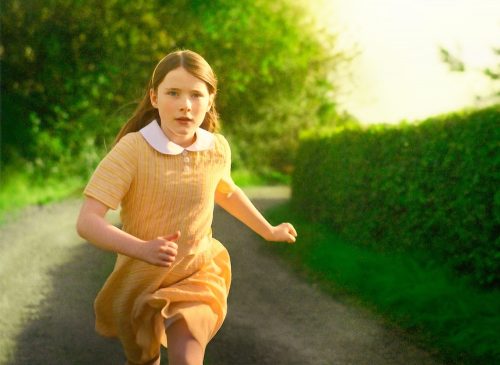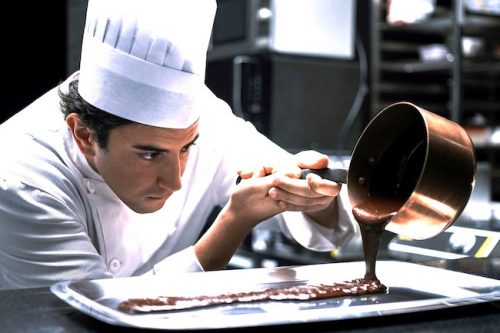“We need to talk about Kevin”
Often films fail to depict the challenge a mother’s experience when she gives birth. It is not just about flowers and a shower of blessings and excitement. It takes time for one to accept a new life. “We need to talk about Kevin” is a representation of the suffocating yet long-lasting life of mothers.
Eva, acted by Tilda Swinton, struggles to understand her son’s actions when he conducts a school massacre.
To take care of her children, she gives up her career. However, she fails to bond with her son. The film skips forward and backwards, foreshadowing Tilda’s “unstable attitude” towards her son in his young years, possibly due to her frustration with him. This brings about the question of whether it was Eva herself creating the demon in Kelvin or if it was what already existed in Kevin himself.
As a mother of twins, Tilda Swinton successfully acts out Eva. The independent yet powerless, figure of a mother is well represented. Eva has a sense of uneasiness, but it’s not that she is rebelling to life either. Eva’s life revolves completely around Kevin. She’s is constantly in a dilemma, whether to feel guilt or anger towards Kevin. But there is something twisted about it. The visuals are put out of context as if objects are put in a surreal composition. The timeless shots add emphasis to Eva as someone in the wrong place, wrong time, wrong body. Kevin looks so much like his mother. She’s herself in him but she feels fear towards him. It is almost as if she is fearing a part of herself.
It also shows the tendency for the public to blame. And in a situation like that, the blame will be put on Eva. People expect Eva to fix the situation when it isn’t fixable.
What makes this film so special is that it never tells you how you are supposed to feel. Depending on where you are or who you are, how you perceive this film will be very different. It’s about how much you step into Eva’s shoes. It is never that one is better than the other. The film reflects on the role of a mother and allows us to re-establish what responsibility do parents hold.
If you love Tilda from this film, you may like “Beanpole” as well.
“Mudbound”
“Mudbound”, an Academy award nominee for 2018, is a representation of how life was like in the 1940s Mississippi Delta. Even after so many shifts in technology, geography, society, racism is still prevalent after the second world war. “Mudbound” examine two families. One that had been working on the land and one that newly bought the land.
In the film, we see various levels of injustice and talks about the consequences of each character’s actions. It is important to see the film, not as the facts but a snapshot of what happened in those years. Power of countries, aristocrats over the lower poorer people. The desperate need to survive for everyone.
The protagonist family is a white family. A series of incidents happen around the family, often caused by their stubbornness. Wherelse the workers are expected to compromise.
What makes this film different from other films, is that it talks about both the white and the black society. The director, Dee Rees, discuss racism in the film subtly. By putting light to both families, she accentuates the importance for people in privileged positions to provide aid to those who aren’t. The color tone of the film is very earthy but provocative. Every tragic scene for the black family seem, to be colorful.
As if nothing changed.
It’s not about continuing what has happened in the past, but being aware of the decisions you make and reshaping them to what is appropriate.
A very important figure in the film is Hap, Ronsel’s father. When Hap brakes his leg, his family struggles to make a living. His fear and suspicion to visitors to their home, it foreshadows the hardship of his life. In contrast, he has pride in his children and sincerely wish a better life for his wife and children.
The film is so beautifully put together that we don’t notice how inhumane the McAllen family is, in contrast to the Jackson family. The discrimination people of color have experienced in the film, is not the same as now. However, racism still exists and has changed forms. It still takes away freedom and in many cases the life of individuals.
Dee Rees’s “Pariah” is an excellent film as well.
text Maya Lee
